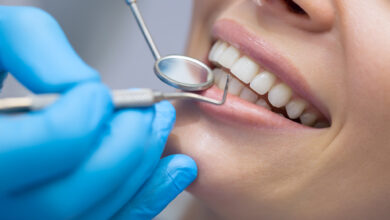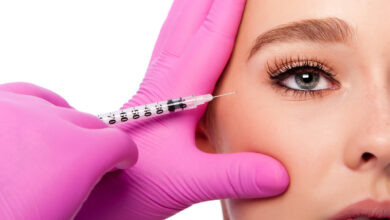The FDA states that healthy adults should consume about 400 milligrams of caffeine per day — equivalent to about four or five cups of coffee.
Caffeine can be found in a lot of what we regularly eat and drink. Some people like to stay caffeinated to help them remain alert while working or studying, and it can be very effective. Consuming too much, however, can present certain issues.
Keep reading for an overview of some of the most common side effects of too much caffeine.
Headaches
This is one of the most common side effects of consuming too much caffeine. As a psychostimulant, it stimulates the central nervous system. This is why it works so well as a pick-me-up in the morning.
You may start getting headaches from too much caffeine or as a withdrawal symptom. If you do start to get headaches, you should reduce your intake, ideally not having it every day.
Anxiety
Caffeine can affect your mood, and while a moderate amount can make you feel happier, too much can lead to anxiety. This can occur with both high and low intakes, and it ultimately depends on the person. If you feel anxious, you should try reducing how much caffeine you have each day to see if it helps.
Some people drink coffee to help them focus. There are various alternatives to coffee that you could try instead, such as theobromine supplement.
Trouble Sleeping
Coffee (like other energy boosters) will wake you up quickly in the morning, so it makes sense that it can also keep you up at night. Having a coffee late in the day — especially right before bed — will typically make it very difficult to sleep. The general recommendation is to not have any within six hours before going to bed.
Irritability
Another way that caffeine can affect your mood is to make you more irritable. This is most common in people who consume a lot of caffeine or those who already have a psychological or anxiety disorder. It’s not known how much of an impact caffeine can have in this sense, but you might find that scaling back can help with this issue.
Increased Heartbeat
Various studies have shown somewhat different results when looking at how caffeine affects a person’s heart rate. This is most likely due to how people metabolize it differently.
Those who metabolize it quickly typically won’t be affected so much. For anyone who metabolizes caffeine slowly, however, it can cause a rapid heartbeat and may lead to other heart issues.
Chest Pain
Caffeine can restrict blood flow, and if the blood flow to the heart is blocked, it can result in chest pains. It’s worth noting, however, that this typically only happens when someone consumes a huge amount of caffeine. For the average coffee drinker, this isn’t likely to be an issue.
Dealing With the Side Effects of Too Much Caffeine
As much as people enjoy coffee, many are put off when they begin to understand the side effects of too much caffeine. You could try alternatives, or look up information on how to quit caffeine if you want to reduce your intake.
For more health and fitness articles, check out some of our other blog posts.





